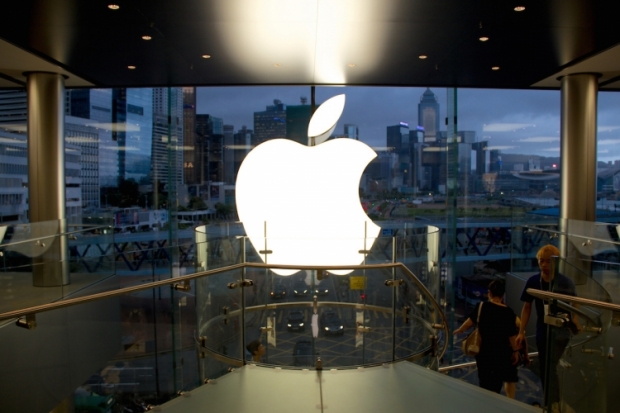Throughout April, a handful of Apple analysts and industry forecasters reported that the fruit-themed toymaker’s upcoming iPhone 8 would not be launching until October or November due to challenges with the front-facing camera’s 3D sensor, various supply constraints, and struggles to perfect the lamination process of curved OLED panels.
Now, a report from Economic Daily News claims that volume production of new iPhone devices is in line with the original August through September schedule, rather than a speculated delay until the fourth quarter of 2017. The report cites individual upstream and downstream iPhone component suppliers, including chipmaker TSMC, substrate manufacturers Zhen Ding Technology and Kinsus Interconnect Technology, and battery supplier Simplo Technology, as all being ready to ramp up related parts beginning in June.
IPhone SLP maker Zhen Ding hopes to return to profitability
Zhen Ding, one of two substrate-like PCB (SLP) makers for Apple’s iPhone products, expected to return weak performance for the first five months of 2017 on account of lowered demand for the iPhone 7. The company expects to reverse course later next month as it begins production on SLP-related orders for Apple’s next iPhone devices. Kinsus, the second SLP maker, says it has also managed to improve the yield rates of its products and will ramp up orders beginning next month.
Meanwhile, component assembly partners Foxconn Electronics, Winstron and Pegatron have all accelerated recruitment and training of new workers in China to prepare for mass production of Apple’s upcoming iPhone lineup. Back in February, Foxconn hired a record 18,000 college graduates from China, adding that it’s 30 factories in the mainland would serve as “battlefields” for the young generation to “prove and improve themselves”.




